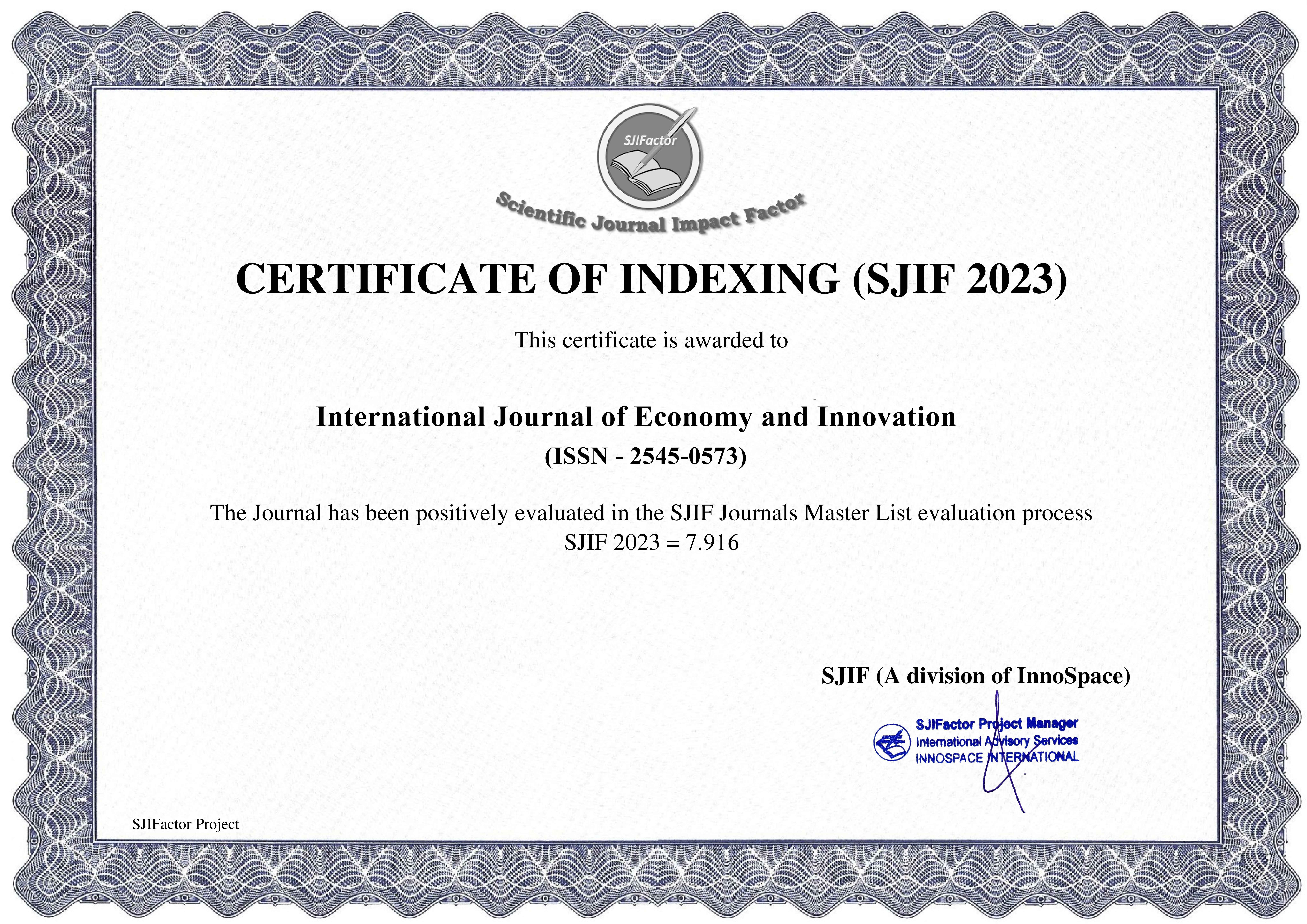ADOPTION OF MANAGEMENT ACCOUNTING TECHNIQUES IN THE PUBLIC SECTOR: FOCUSING ON ROGERS' DIFFUSION OF INNOVATION THEORY (A CASE STUDY OF BASRAH GOVERNORATE INSTITUTIONS)
Keywords:
management accounting techniques, public sector, diffusion theory, government institutions in BasraAbstract
The path to improving efficiency, effectiveness, and financial and operational accountability within public sector institutions involves moving away from traditional accounting techniques and embracing innovation through new management accounting techniques. Organizational changes often result from the transfer and dissemination of innovations. Thus, this research aims to explain the acceptance of management accounting techniques in the public sector, focusing on Rogers' innovation diffusion theory. The study's statistical population includes all 300 employees from the accounting and finance departments of government departments in Basra, Iraq, as determined using the Cochran formula. The statistical sample size was determined to be 168 people, with 180 questionnaires distributed and 168 completed. To test the hypotheses, the binomial test and t-test for one sample were used. Results showed that management accounting techniques such as accrual accounting are prerequisites for cost accounting, resource management, activity-based management, target costing, activity-based costing, strategic cost management, performance analysis, key performance indicators, and balanced scorecard. These techniques have potential applicability and acceptance in public sector institutions in Basra, which can be interpreted based on the six stages of Rogers' theory of innovation diffusion.

















